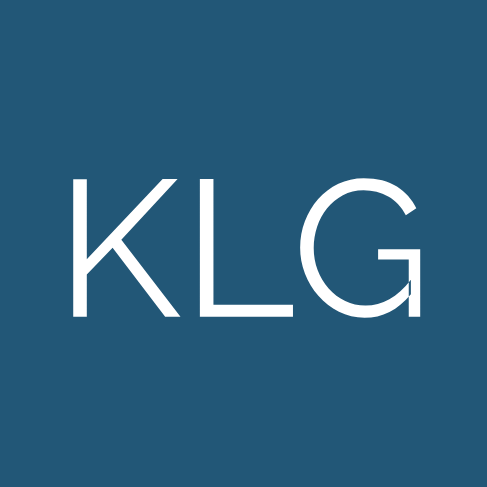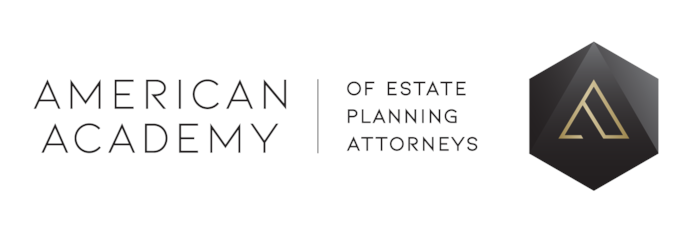
Exempt Assets for Medi-Cal Eligibility in California
When applying for Medi-Cal benefits in California, many individuals worry about losing essential assets in order to qualify. However, California provides several asset exemptions that protect key resources, allowing individuals to receive the benefits they need while retaining important assets. Understanding these exemptions is vital for effective financial and healthcare planning. Here’s a look at the most significant exempt assets when determining Medi-Cal eligibility:
1. Principal Residence
Your home is exempt from asset consideration for Medi-Cal eligibility. This protection allows individuals to retain their primary residence while receiving necessary medical benefits.
2. 529 Savings Plans
Both the principal and interest in a 529 savings plan are excluded from asset or resource tests for Medi-Cal eligibility. This ensures that savings for education do not affect the applicant’s eligibility for medical assistance.
3. ABLE Accounts
Moneys held in an ABLE account—contributions and distributions for qualified disability expenses—are exempt up to $100,000. ABLE accounts are a financial tool for individuals with disabilities, providing a way to save money without losing access to Medi-Cal benefits.
4. Special Needs Trusts (SNTs)
Funds held in a valid Special Needs Trust (SNT) are exempt from the asset limit for Medi-Cal eligibility. These trusts allow individuals with disabilities to retain assets for their care while still qualifying for public benefits.
5. Certain Personal Property
Items such as a mobile home, houseboat, or motor vehicle used as a residence, as well as other shelters not attached to land but used as a residence, are exempt. This allows individuals to keep essential living assets.
6. Income-Producing Real Property
Real property that produces income and is valued at up to $25,000 is exempt from Medi-Cal eligibility considerations. This provides individuals the opportunity to maintain an income-generating property without it impacting their asset limits.
7. Other Personal Items
Jewelry, personal vehicles, household goods, personal effects, burial plots, small burial plans, and small life insurance policies are all exempt from the Medi-Cal asset test. These items are deemed essential to daily living and are protected to meet basic needs.
Medi-Cal Lookback Period
As of January 2024, the lookback period for Medi-Cal in California is 30 months. Each subsequent month, this period will decrease by one month until June 2026, when the lookback period will be reduced to just one month. Starting from July 2026, California will eliminate the lookback period entirely for Medi-Cal eligibility.
It’s also important to note that California did not adopt the OBRA’93 changes, which increased the lookback period to 36 months (or 60 months for transfers to or from a trust). As a result, California’s lookback period remains specific to state regulations and reflects recent legislative changes.
Final Thoughts
These exemptions and changes to the lookback period are designed to protect individuals and families in California, ensuring they can access Medi-Cal benefits without losing critical resources. Whether it’s your home, education savings, or personal property, understanding these protections helps safeguard essential assets when planning for long-term healthcare needs.
If you are considering applying for Medi-Cal or are concerned about how these exemptions and the evolving lookback period affect your estate, consult with a professional to navigate the complexities and protect your assets effectively.










